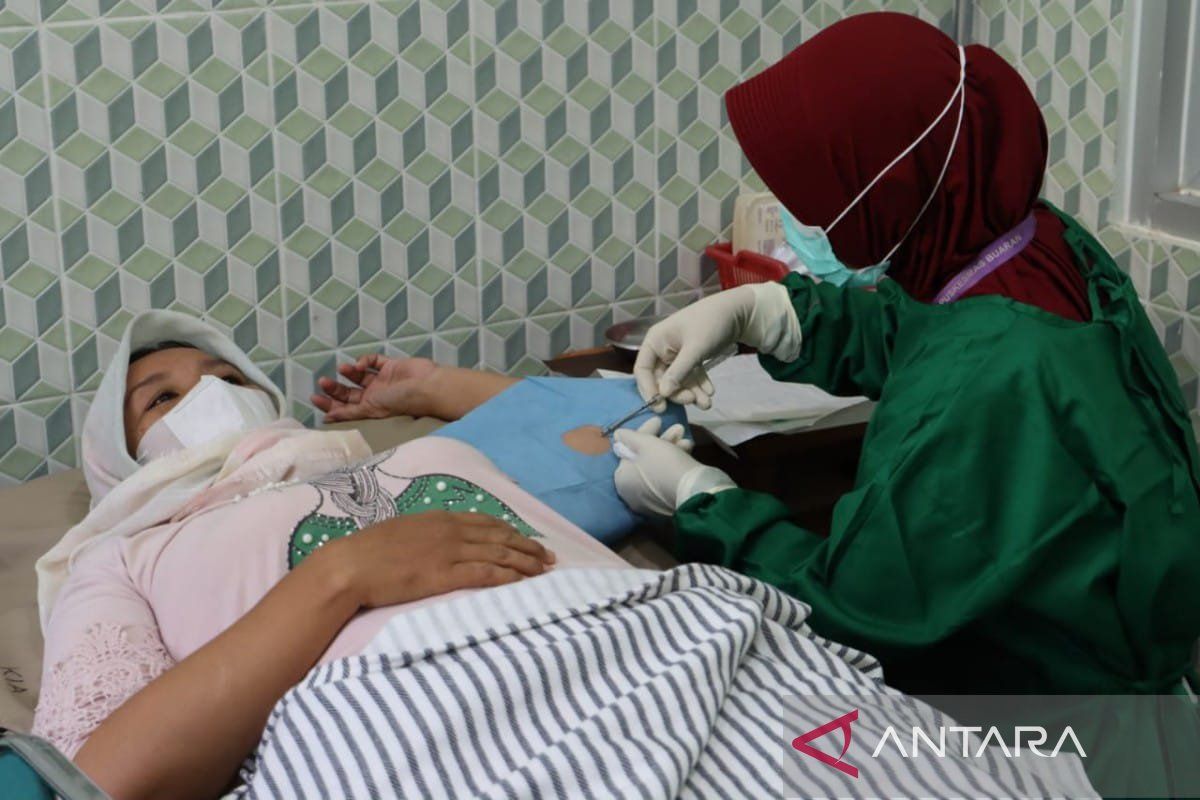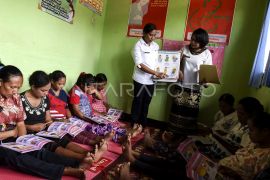The theme of the anniversary, "Midwives' role in improving national resilience against climate crisis through synergy and collaboration," was in line with the International Day of Midwives 2024, which was themed, "Midwives: Vital Climate Solution."
Wardoyo said that many studies have shown that global warming has increased the physiological burden on women to the point of causing premature births. He also noted the increased rate of intrauterine growth retardation due to environmental stressors.
"Floods also cause stress, and this automatically (leads to) complications during pregnancy," he explained.
Moreover, cases of pre-eclampsia are also expected to rise as environmental damage takes place alongside climate change.
Related news: Climate change driving up dengue infections: Ministry
Pre-eclampsia is a dangerous condition in which women, whose blood pressure is usually normal, suddenly experience high blood pressure after 20 weeks of pregnancy. The condition is dangerous to both the mother and the baby.
"So, when there's global warming, and there are new things (which put someone in) stress, and past issues have not been resolved, be careful. The (goal) of reducing maternal mortality rate to 70 per 100 thousand live births becomes challenging," he said.
Currently, he informed, the maternal mortality rate is 189 per 100 thousand, and it is targeted to be lowered to 183 in 2024 and to 70 per 100 thousand by 2030.
Climate change is also triggering other health issues besides pregnancy complications, he said. They include death from heat exposure and water and air contamination, which can lead to respiratory issues, and food shortage, he added.
Global warming and rising sea levels could also aggravate problems arising from inadequate sanitation facilities, for instance, toilets lacking proper plumbing, for people residing by the beach, he said.
Related news: Climate change risks disease spread: Health Minister
Reporter: Mecca Yumna Ning Prisie
Editor: Rahmad Nasution
Copyright © ANTARA 2024












